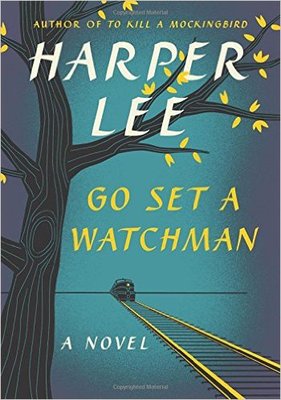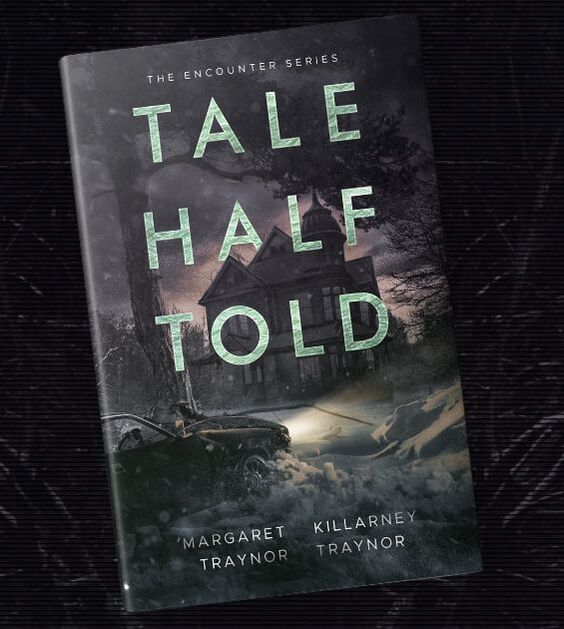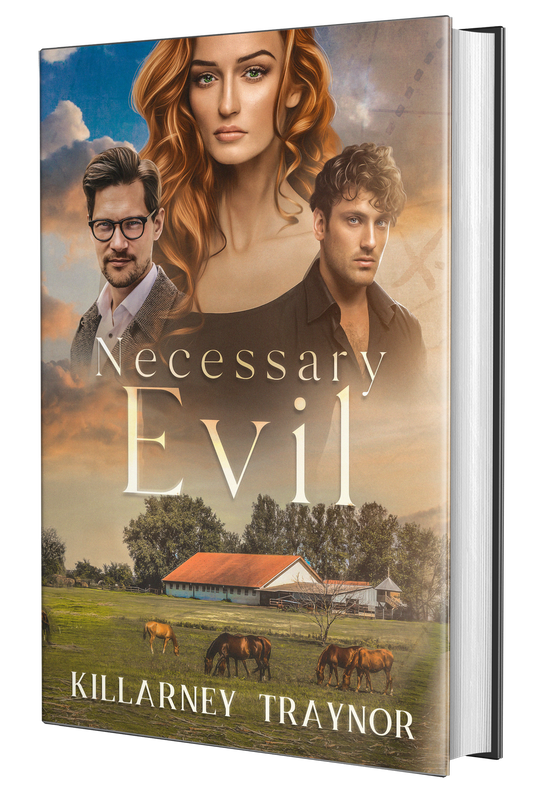 By Harper Lee Synopsis: A young woman returns home to the Deep South from New York City to discover racial bigotry running rampant in her hometown - affecting even those most dear to her. The first and most important thing to know about Watchman is that it is not a sequel to To Kill a Mockingbird. While the names, places, and faces are familiar or similar, Watchman reads like revisionist history or the parallel yniverse theme so popular in sci-fi shows. Instead of asking 'What became of Scout?', it asks, "What if Mockingbird never happened? What if the Atticus Finch we knew and loved was the figment of a lonely little girl's imagination?" By now you probably know that Watchman's Atticus is not the sterling character that Mockingbird had him out to be. As Jean Louise (formerly Scout) learns to her horror, he's heading the segregationist movement in town, speaks White Supremacist with a lawyer's ease, and even dabbled in the KKK (though not as an active member - even this Atticus draws the line in horror there). Where Jean Louise is sickened by segregationist activity, Atticus views this as a means to keep the Federal Government from leaning to heavily against state's rights - as well as keeping the poor naive blacks in their place. Watchman doesn't effectively dispute his points: it's essentially about a little girl learning that her father is simply a flawed man. Mockingbird's greatest strength lay in the idea that change could come from within. Living in the north as I have, the idea is prevalent (if not openly stated) that the South would never have come around had it not been for Northern interference, that all white men and women were united in their efforts to keep their black brethren under their heel. Mockingbird told us that one of their own could stand against the tyranny of racial hate and that their own could bring about segregation's demise. It was a story that treated all its protagonists with respect and dignity, and voiced the rather shocking opinion that a white Southern man might be anti-segregation. Watchman offers no such assurances. Even Jean Louise, in voicing her contempt for Atticus' white superiority, admits something close to it: "They are simple people, most of them, but that doesn't make them subhuman," and even she fails to notice that while she's calling her black acquaintances by their familiar names, every one of them refers to her as 'Miss Scout' or 'Miss Jean Louise.' Her character, far from redeeming white Southerner, rather reinforces the two rather trite ideas that seem common to books on racial hatred: that change can only come from the young and/or those trained on the outside. In this case, Jean Louise had to spend years in New York City before she could recognize the bigotry in her home town, making her either the most blind heroine since Helen Keller or astonishingly self-absorbed. Neither is flattering. I do wonder what I would have thought about the book had it not been about Scout and Atticus. While the story cannot take place in the same universe as Mockingbird, the editors clearly relied on the fact that readers have already read and loved the first book. Without the idea of saintly Gregory Peck hovering in the back of our mind, would Jean Louse's revelation feel as devastating? And I wonder, too, at the publisher's wisdom in releasing this book in the wake of riots in New York and Baltimore - with the current tension between the races, is it really wise to tear down Atticus Finch? Summary: Watchman is a retread of an old idea - sometimes you can't go home again - and adds nothing of substantial value about racial tensions. Skip this and stick with To Kill a Mockingbird.
0 Comments
Your comment will be posted after it is approved.
Leave a Reply. |
The BlogWelcome to Categories
All
|
Copyright © Killarney Traynor
All Rights Reserved.
No part of this website may be reproduced without
the Owner's express consent. [Backlinks allowed.]
All Rights Reserved.
No part of this website may be reproduced without
the Owner's express consent. [Backlinks allowed.]


